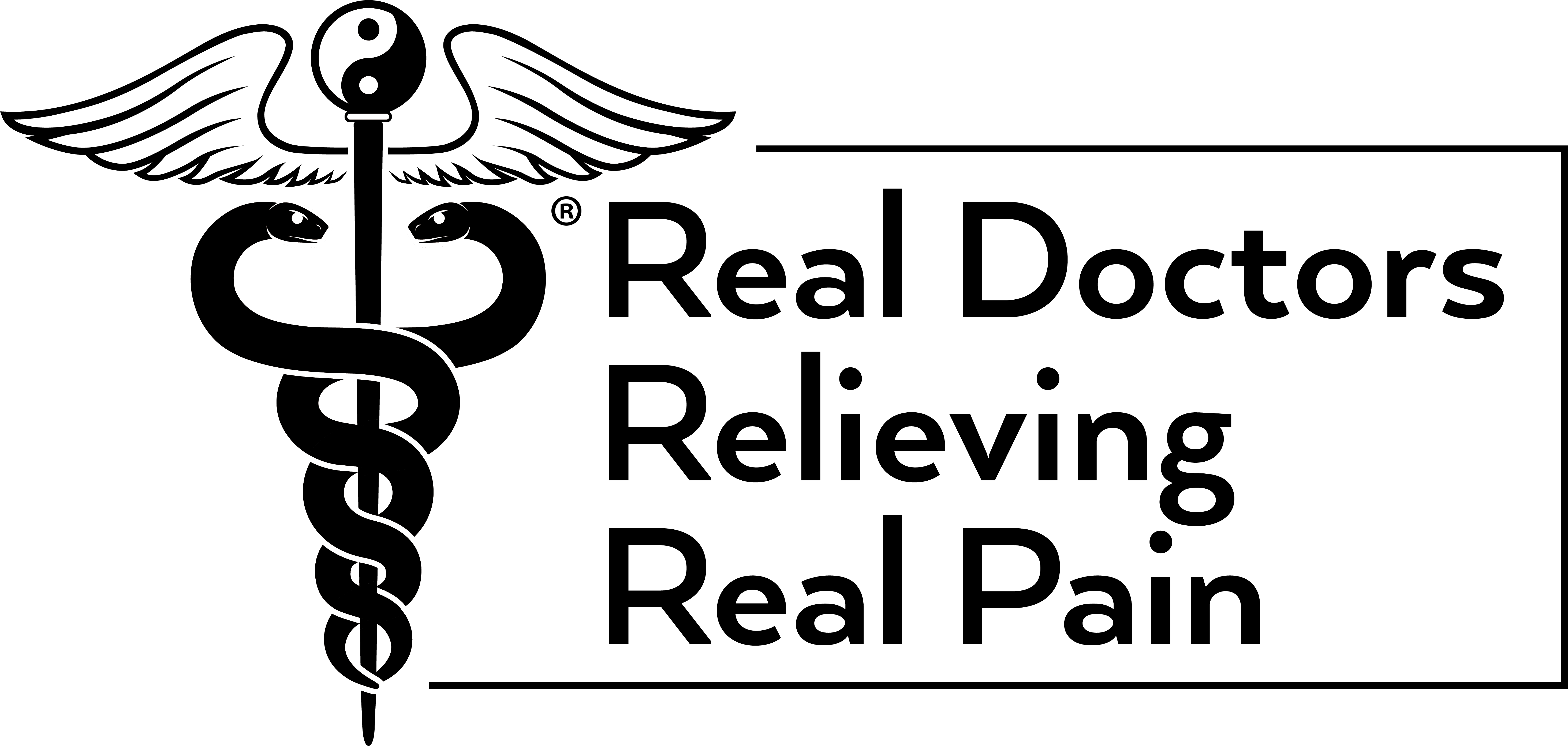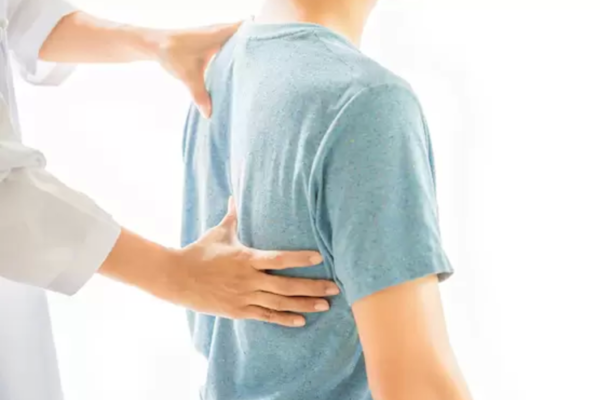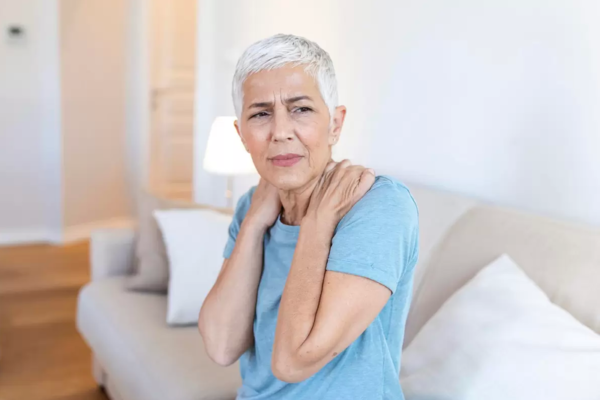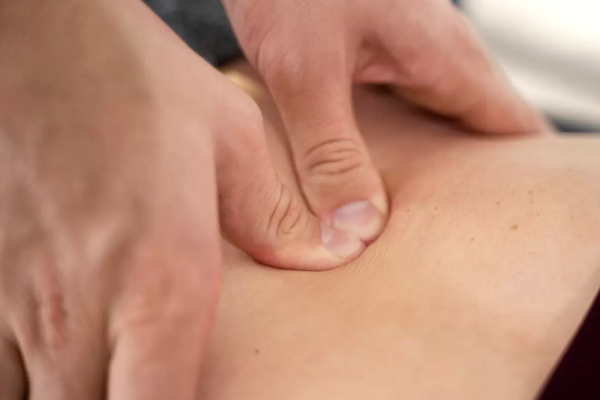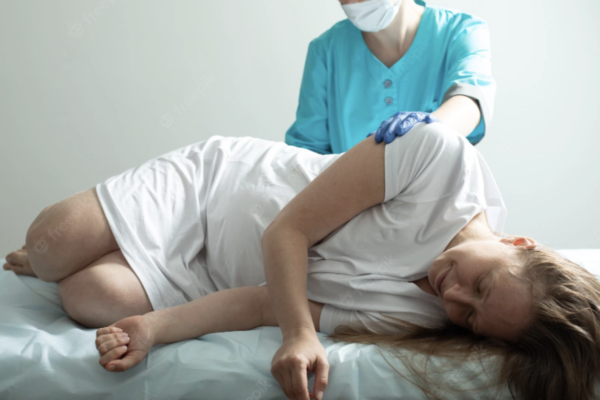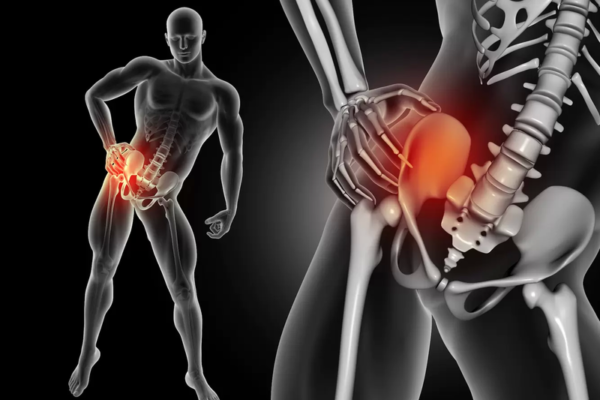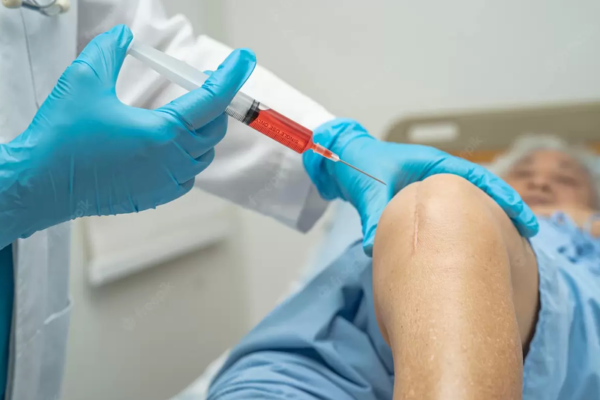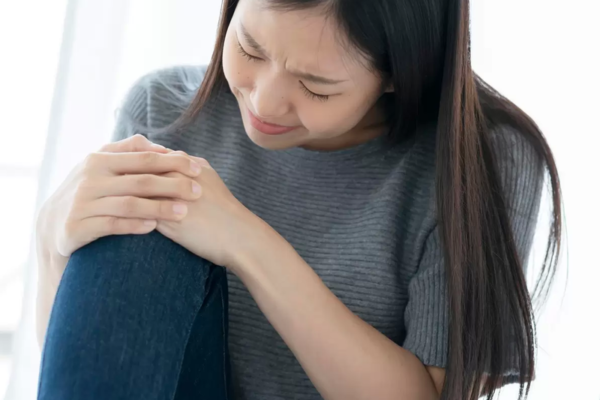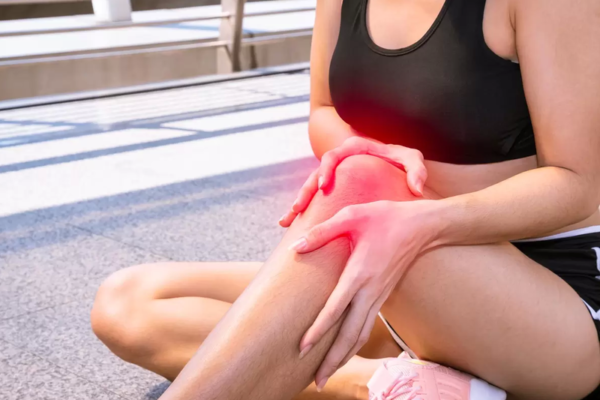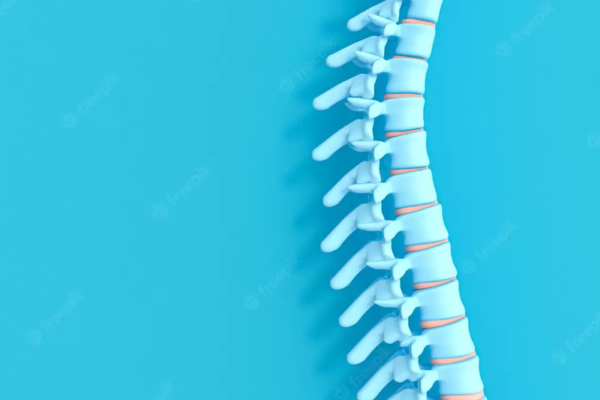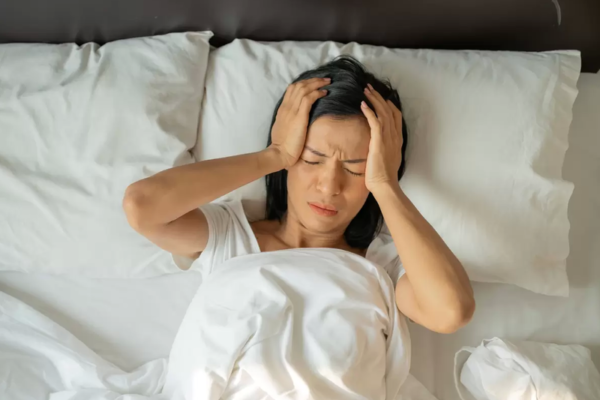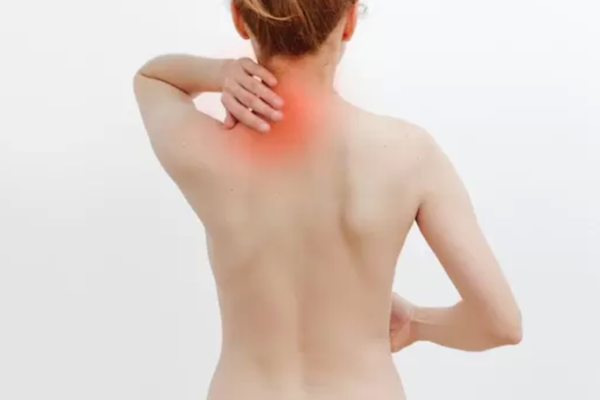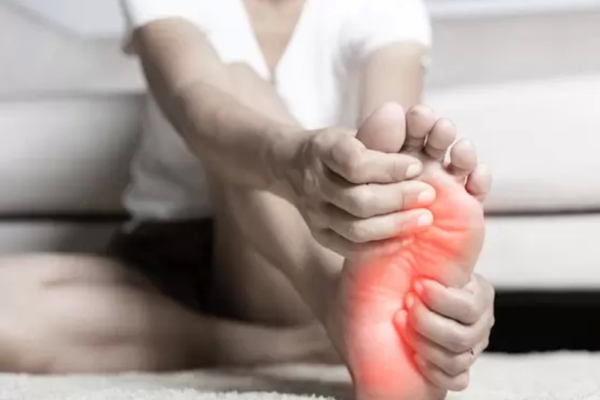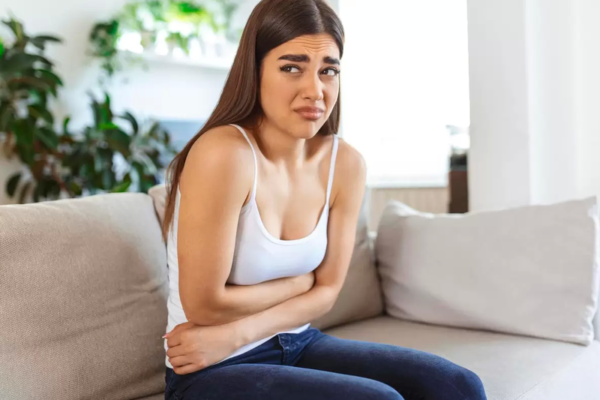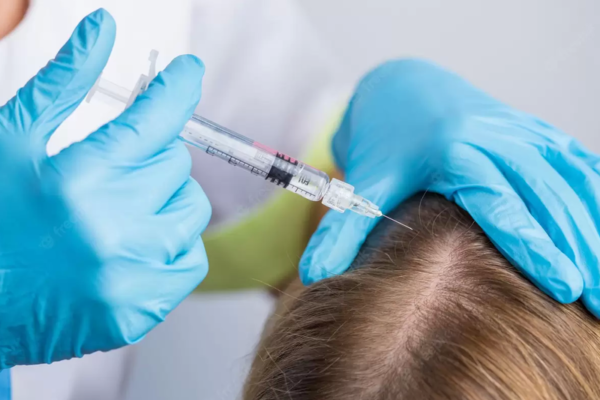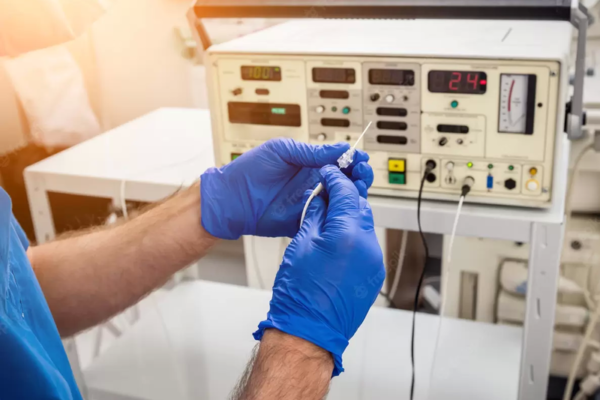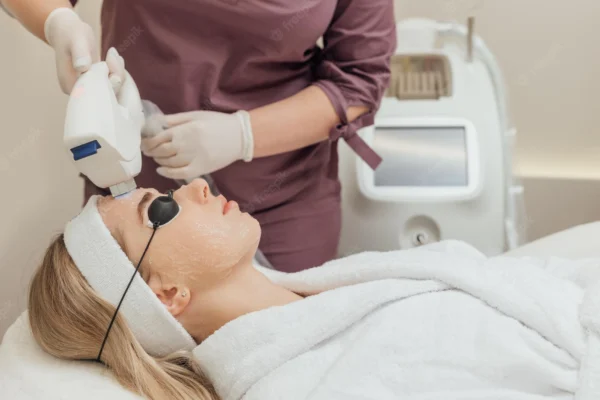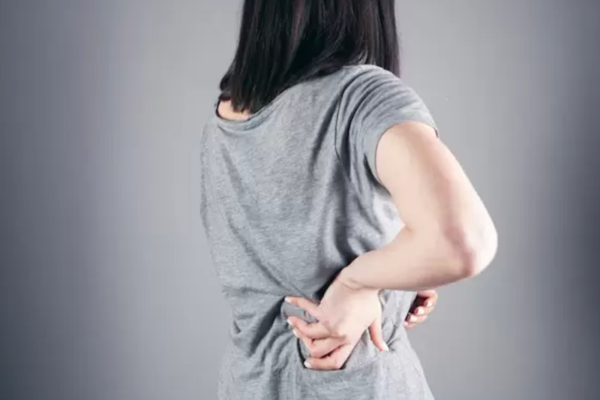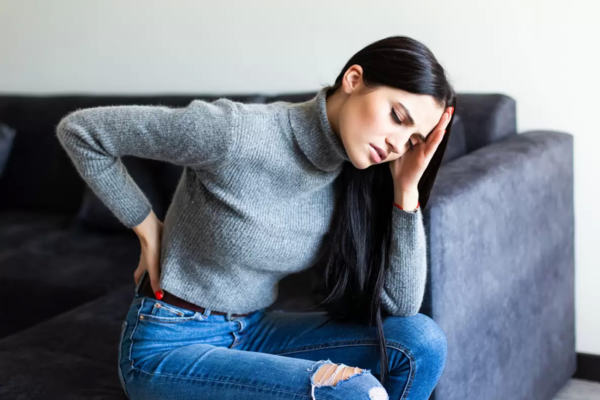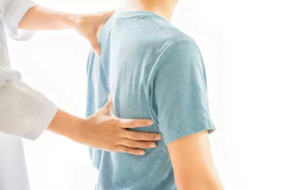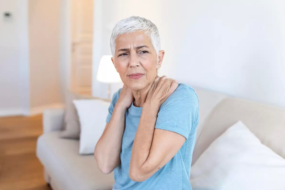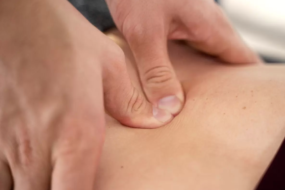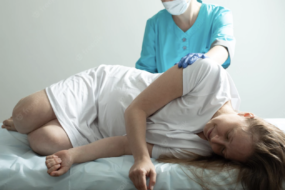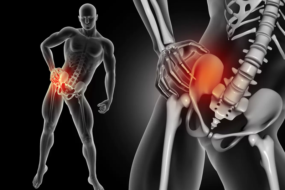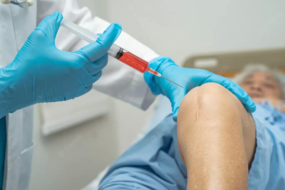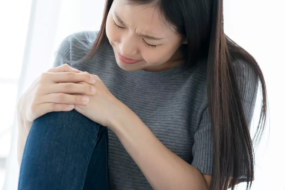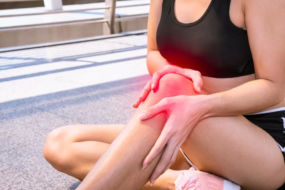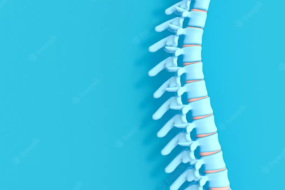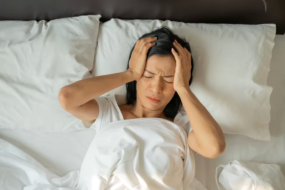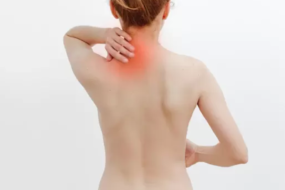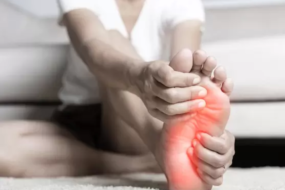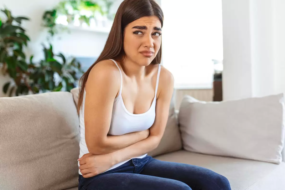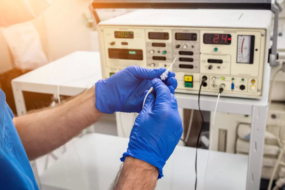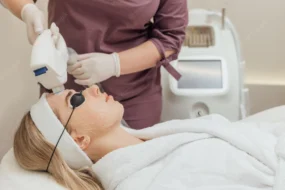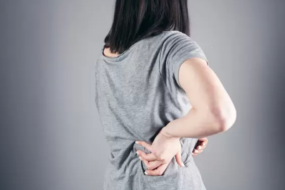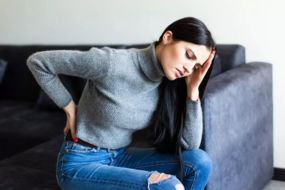Joint pain can affect you at any age, and for many different reasons. If you have joint pain and it’s not getting any better, you need to visit Dr. Andrews, MD, board-certified interventional pain specialist at No Pain. Dr. Andrews is a leading expert in chronic pain. If joint pain affects your quality of life, call today to schedule a consultation or book an appointment online.
Joint Pain
Joint Pain Q & A
What causes joint pain?
Your body has somewhere in the region of 360 joints. Every physical movement you make involves at least one of your hardworking joints. Any or all of these joints can be a source of pain if they sustain damage. As they are in almost constant use, they can also suffer from deterioration over the years.
Common causes of joint pain include:
- Sprained ligaments
- Strained tendons
- Full and partial dislocations
- Arthritis
- Osteoporosis
- Gout
- Bursitis
Arthritis is one of the most widespread causes of joint pain, and there are more than 100 different types. Wear and tear osteoarthritis is the most common cause of joint pain. Other types of arthritis develop for different reasons. For instance, septic arthritis develops from an infection and rheumatoid arthritis is an autoimmune disorder. What all forms of arthritis have in common is that they cause joint pain, inflammation, and stiffness.
How is acute joint pain treated?
If you have acute joint pain from an injury, then rest and relieving any pressure on the joint should help the injury heal. Hot compresses and ice packs help reduce swelling, and you can take over-the-counter anti-inflammatory pain-relieving medication if your joints are distressingly uncomfortable. Depending on the type of injury, you might need to have a compression bandage, splint, or cast to keep pressure off the joint.
Most joint problems also benefit from physical therapy and massage, and, in some cases, manual manipulation. Dr. Andrews advises you on the best types of exercise to do to help the joint heal and stop seizing up.
What treatments are available for chronic joint pain?
Chronic joint pain often responds well to conservative treatments such as hydrotherapy, massage, and acupuncture. Conditions like arthritis that commonly cause joint pain are incurable, but leading a healthy, active lifestyle and learning how to manage chronic pain are invaluable in reducing its impact on your life.
Dr. Andrews may also recommend other treatments, especially if your joint pain isn’t improving with initial approaches. Options include:
- Steroid injections
- Injections into the bursa inside the joint
- Nerve blocks
- Nerve radiofrequency lesioning
- Water-cooled radiofrequency ablation
- Regenerative medicine
If you find it difficult to exercise, don’t give up, as staying immobile is almost certainly going to make your chronic joint pain worse. Try gentle stretches and techniques like Tai-chi, Pilates, or yoga.
Find out how Dr. Andrews can relieve your joint pain and improve your quality of life by calling No Pain today or using the online booking form to schedule a consultation.
WHAT WE OFFER
Chronic Pain Conditions and Treatments
-
-
-
-
-
-
-
-
-
-
-
-
-
Migraine
Coming Soon. Learn More.
Did you know that?
Donec sed odio dui. Nulla vitae elit libero, a pharetra augue. Nullam id dolor id nibh ultricies vehicula ut id elit. Integer posuere erat a ante venenatis dapibus posuere velit aliquet.
-
-
-
-
-
-
-
-
-
-
-
